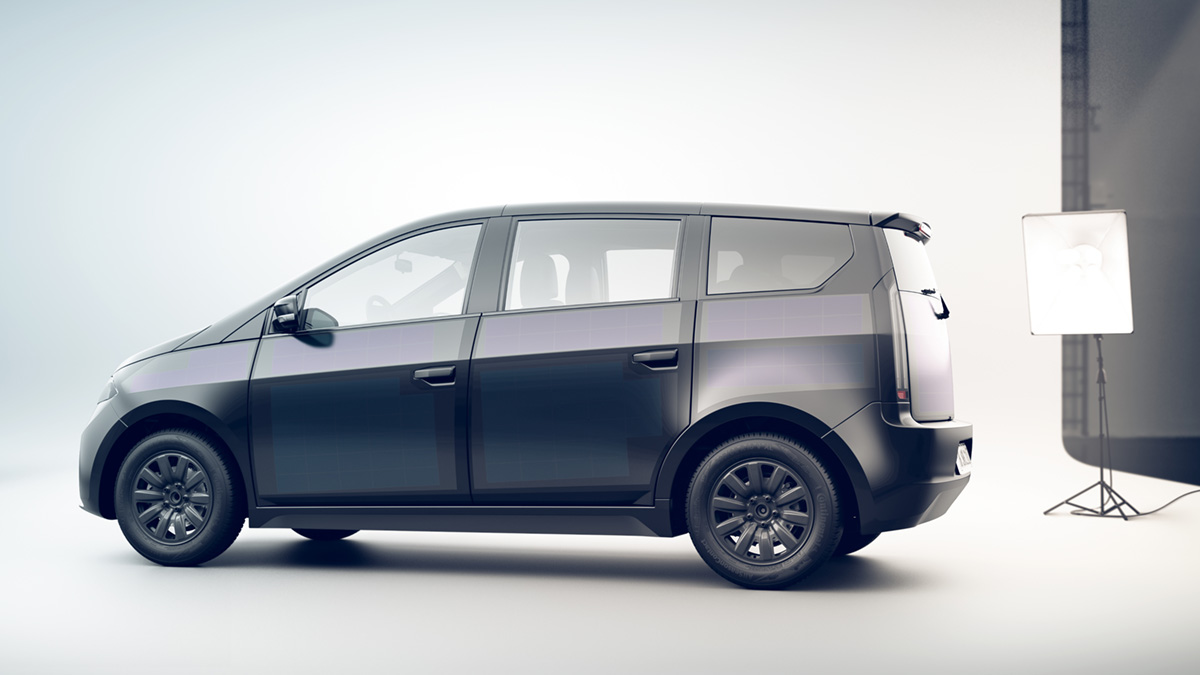The world is undergoing a remarkable transformation in the realm of transportation, with electric vehicles (EVs) taking center stage. As concerns about climate change and the need to reduce greenhouse gas emissions grow, electric cars have gained immense popularity. But is there a self-charging electric car on the horizon that can address some of the challenges currently faced by EV owners? In this article, we will delve into the concept of self-charging electric cars and explore the innovations and possibilities that lie ahead.
The Rise of Electric Vehicles
Electric vehicles have come a long way in recent years. They are cleaner, quieter, and more energy-efficient than their traditional internal combustion engine counterparts. The popularity of EVs is not only driven by their eco-friendly credentials but also by the increasing availability of charging infrastructure.
However, one significant drawback of electric cars is their limited driving range on a single charge. This limitation has led to the need for frequent recharging, which can be inconvenient, especially on long road trips. So, is there a self-charging electric car that can eliminate the need for external charging stations?
Understanding Self-Charging Electric Cars
The concept of self-charging electric cars revolves around finding innovative ways to generate electricity to power the vehicle without relying solely on external charging infrastructure. While fully self-sustaining electric cars are not yet a reality, several developments and technologies are inching us closer to the dream of having a car that can recharge itself.
Solar Panels: One of the most promising technologies for self-charging electric cars is the integration of solar panels on the vehicle’s exterior. These panels can harness solar energy and convert it into electricity to charge the car’s battery. While this technology is still in its early stages, it holds great potential to extend the driving range of electric cars and reduce the dependence on traditional charging methods.
Regenerative Braking: Another aspect of self-charging electric cars is regenerative braking. This technology allows the car to capture and store energy that is typically lost during braking. The kinetic energy generated during braking is converted back into electricity and used to recharge the car’s battery. This feature is already present in many electric vehicles, contributing to improved energy efficiency.
Wireless Charging: Wireless charging technology is also making strides in the world of electric vehicles. While it doesn’t make the car entirely self-charging, it simplifies the charging process by enabling the vehicle to charge wirelessly at designated charging stations. As this technology becomes more widespread, it will enhance the user experience and make electric cars more convenient to use.
Is There A Self Charging Electric Car on the Market?
While there isn’t a fully self-charging electric car available for consumers yet, there are some models that incorporate a combination of the technologies mentioned above to reduce the need for external charging. For example, the Lightyear One, a solar-powered electric car, boasts integrated solar panels that can provide extra range by harnessing sunlight. Additionally, many hybrid electric vehicles feature regenerative braking and are capable of partially self-charging their batteries.
The Future of Self-Charging Electric Cars
The quest for a truly self-charging electric car is ongoing. Researchers and engineers are continuously exploring new technologies and methods to make electric vehicles more self-sufficient. Some potential future developments include:
- Advanced Solar Technology: As solar panel efficiency improves, we can expect electric cars to become more self-reliant. Enhanced solar technology will allow vehicles to capture more energy from the sun, thus extending their range.
- Energy Harvesting: Research into energy harvesting from various sources, such as wind and road vibrations, is ongoing. This could supplement the energy required to power electric cars.
- Battery Technology: Advancements in battery technology will result in batteries with higher energy densities, allowing electric cars to travel longer distances on a single charge.
- Infrastructure Expansion: As the charging infrastructure continues to grow, electric car owners will have more options for quick and convenient charging, reducing the need for self-charging capabilities.
Conclusion
While a fully self-charging electric car is not yet a reality, the automotive industry is making steady progress toward achieving this goal. Innovations such as solar panels, regenerative braking, and wireless charging are bringing us closer to a future where electric cars can largely sustain themselves. As technology advances and the demand for sustainable transportation increases, it’s only a matter of time before we witness the emergence of self-charging electric cars that redefine the way we drive and reduce our impact on the environment.
In the meantime, as an electric vehicle owner or enthusiast, you can continue to support the transition to sustainable transportation and keep an eye on the evolving technologies that may one day lead to the realization of a fully self-charging electric car.
Remember to stay informed about the latest developments in the electric vehicle industry, as the future of transportation is undoubtedly electric and eco-friendly.
Explore more on Is There A Self Charging Electric Car, the innovative solutions, and the future of self-charging technology, and be part of the green transportation revolution.
